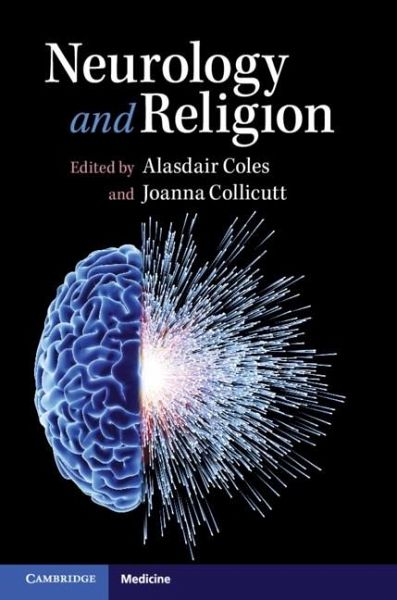
Neurology and Religion (eBook, ePUB)
Versandkostenfrei!
Sofort per Download lieferbar
36,95 €
inkl. MwSt.
Weitere Ausgaben:

PAYBACK Punkte
18 °P sammeln!
This innovative book examines what can be learnt about the brain mechanisms underlying religious belief and practice from studying people with neurological disorders, such as stroke, epilepsy and Parkinson's disease. Using a clinical case study approach, the book analyses the interaction of social influences, religious upbringing and neurological disorders on lived religious experience in a number of different religions. The interdisciplinary contributors to the book ensure a variety of perspectives to help understand how the religious life is affected when different cognitive functions are im...
This innovative book examines what can be learnt about the brain mechanisms underlying religious belief and practice from studying people with neurological disorders, such as stroke, epilepsy and Parkinson's disease. Using a clinical case study approach, the book analyses the interaction of social influences, religious upbringing and neurological disorders on lived religious experience in a number of different religions. The interdisciplinary contributors to the book ensure a variety of perspectives to help understand how the religious life is affected when different cognitive functions are impaired; how faith modifies the effects of neurological disorders; and how awareness of faith practices may assist in the treatment of these conditions.
Dieser Download kann aus rechtlichen Gründen nur mit Rechnungsadresse in A, B, BG, CY, CZ, D, DK, EW, E, FIN, F, GR, HR, H, IRL, I, LT, L, LR, M, NL, PL, P, R, S, SLO, SK ausgeliefert werden.



